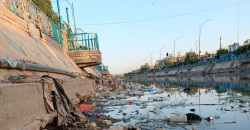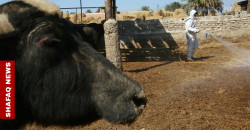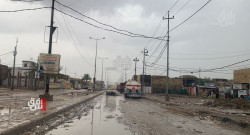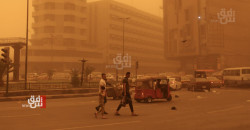Global rise in HMPV sparks precautionary measures in Iraq
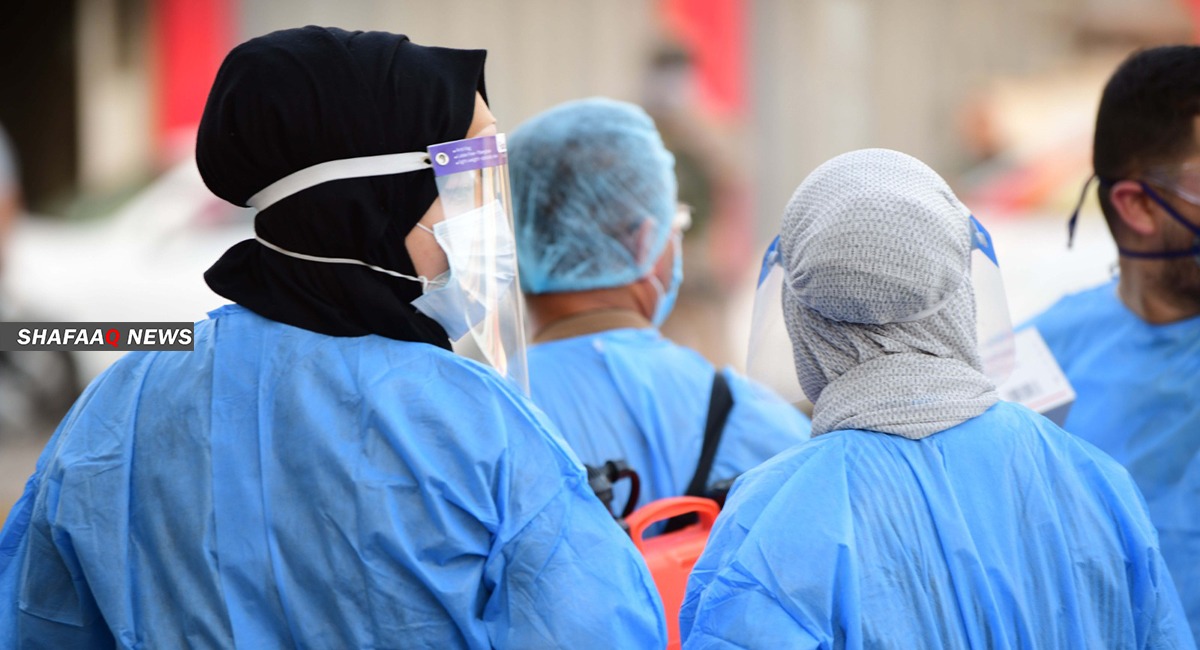
Shafaq News/ The worldwide surge of cases of Human Metapneumovirus (HMPV), a respiratory virus currently spreading in China, has sparked international concerns. While Iraqi health experts acknowledge the possibility of the virus reaching Iraq, they believe it is unlikely to replicate the severe scenario experienced during the COVID-19 pandemic.
Understanding HMPV
HMPV is a seasonal respiratory virus typically spreading in winter and early spring, causing symptoms similar to the common cold and influenza, including cough, fever, nasal congestion, and fatigue, with an incubation period of three to six days.
While most cases are mild, the virus can cause severe complications such as pneumonia, particularly in infants, the elderly, and individuals with weakened immune systems.
Respiratory specialist Dr. Hassan Akzar explained, “The virus can sometimes reach the respiratory system, causing acute bronchitis, similar to influenza. There is no specific treatment or antibiotics for HMPV; prevention remains the best option.”
He advised measures such as avoiding infected individuals, wearing masks, and consuming warm fluids to mitigate the risk.
While HMPV has led to overcrowded hospitals and emergency measures in China, the virus is not new. First discovered in Europe in 2001, it is now widespread globally and is the second most common cause of bronchitis in children.
Biotechnology and infectious disease expert Dr. Firas Riyadh Jamil explained that “HMPV spreads through respiratory droplets from coughing or sneezing and through contact with contaminated surfaces.”
He noted that the current rise in cases aligns with seasonal patterns and does not indicate a new pandemic threat. However, he advised adhering to general preventive measures to limit the spread of respiratory viruses.
Iraq Monitors for Potential HMPV Cases
Riyadh Abdul Amir Al-Hilfi, Director-General of the Public Health Directorate at Iraq’s Ministry of Health, confirmed to Shafaq News Agency that “no cases of the new virus have been detected in Iraq, based on genetic testing conducted by the Central Public Health Laboratory.”
“While seasonal influenza cases have increased, as in previous years, no new virus or variant has been identified in the country,” he clarified, urging citizens to take preventive measures, including wearing masks in crowded spaces, maintaining good hand hygiene, avoiding closed and congested areas, and seeking medical attention if symptoms arise.
Al-Hilfi also emphasized that Iraq has not received any warnings from the World Health Organization (WHO) or other international health bodies regarding HMPV.
Notably, HMPV's spread has drawn comparisons to the COVID-19 pandemic, which originated in Wuhan, China, in 2019 and claimed over seven million lives globally. COVID-19 prompted stringent public health measures, including school closures, online education, and widespread use of masks and sanitizers.
In Iraq, students gradually returned to in-person learning under strict protocols, including sanitizing public spaces and maintaining hygiene practices in schools and other institutions.
Kareem Al-Sayed, spokesperson for Iraq’s Ministry of Education, told Shafaq News Agency that "the Ministry of Education is coordinating with the Ministry of Health on relevant measures and awareness campaigns."
However, he did not provide additional details.
Meanwhile, Jawad Al-Ghazali, a member of Iraq’s Parliamentary Education Committee, stated that “Parliament is currently on recess, which ends on January 9. Discussions on the virus and its spread in other countries will take place afterward.”
He stressed the importance of “implementing precautionary measures” and revealed plans to collaborate with the Ministry of Health to develop a strategy for the next phase.
